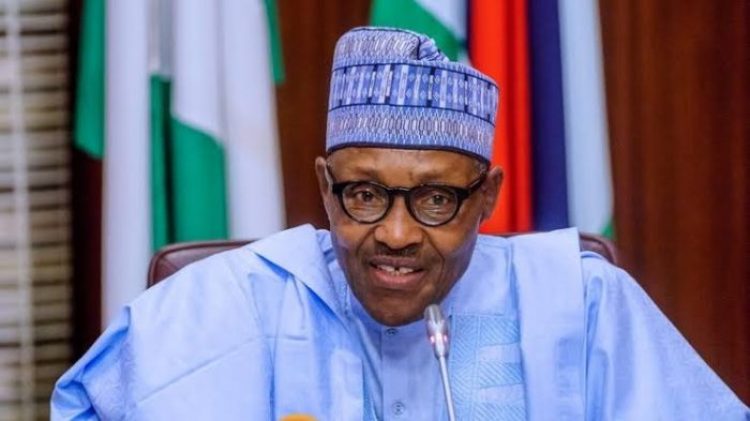RMAFC begins review of remuneration of public, political officer holders

The Revenue Mobilisation Allocation and Fiscal Commission (RMAFC) has commenced review of remuneration packages of political and public officers.
Chairman of the Commission, Engr Elias Mbam, stated this on Wednesday.
According to him, analysis carried out on 10 minerals showed the Federation was losing an estimated revenue of about N1.3 trillion annually.
Speaking when he appeared before the House Committee on Finance, Mbam also said the commission has started the process of reviewing the existing Revenue Allocation Formula, stating paucity of funds has delayed completion of the two reviews.
He said preliminary works, including literature review, engagement with the major stakeholders and collection of relevant data had commenced.
He said the agency has recovered about N75 billion from its monitoring, verification and reconciliation exercises on revenue collections and remittances by Commercial Banks, Companies and agencies that collect/remit revenue to the Federation Account have helped to minimise leakages.
He maintained that through the efforts of the Commission, an account for the solid minerals sector was opened with the Central Bank of Nigeria (CBN) where proceeds from the sector were being paid into, adding: “it is important to note that before the intervention of the Commission, the Solid Minerals Sector never contributed to the Federation Account.
“So far, over N31 billion has accrued into the account, out of which over N27 billion has been disbursed to the three (3) tiers of government, including the 13% derivation in which all the thirty six (36) States benefited.
“The outstanding balance of about N4 billion is awaiting relevant data from the Ministry of Mines and Steel Development for distribution to the 3-tiers of Government.
“Furthermore; the Commission conducted a nationwide monitoring exercise for the Solid Minerals Sector with the aim of examining royalty collections to the Federation Account & activities of Miners at the States & Local Government Councils for the period 2009 to 2015. This exercise is still ongoing.”
He expressed concerns about the operation and management of the Federation Account, saying “currently, the Account is managed by the Accountant-General of the Federation who also doubles as Accountant General of the Federal Government.
“This does not guarantee for checks and balances, transparency and accountability in the operation of the Account. It is in the view of the commission that the Office of the Accountant-General of the Federation should be separated from that of the Accountant-General of the Federal Government.”
On the cost of governance, he said the cost of governance in Nigeria which was very high and has continued to be on the increase, saying “this is clearly unsustainable as no country can develop with such a high level of recurrent expenditure.
“Some of the reasons responsible for this include duplication of Agencies of Government with virtually similar functions and responsibilities, corruption, unlimited number of political appointments, wasteful spending; ghost workers syndrome, etc.
“Recommendations to ensure cost reduction include avoiding unnecessary duplications of agencies with similar functions, reduction in number of political appointees to the barest minimum as recommended in the commission’s remuneration package, strict compliance with approved remuneration packages of office holders, and ensuring prudent spending of government funds”.
He also complained about the management and operation of special funds like Stabilisation Fund, Ecological Fund and Development of Natural Resources Fund for their respective purposes have been a source of concern to the commission because of the absence of an all-embracing management structures to manage the funds.
He disclosed that sometimes, these funds are applied outside the objective of their establishment, saying “the commission wishes to state that these funds are supposed to be kept in trust by the Federal Government on behalf of the Federation.”

